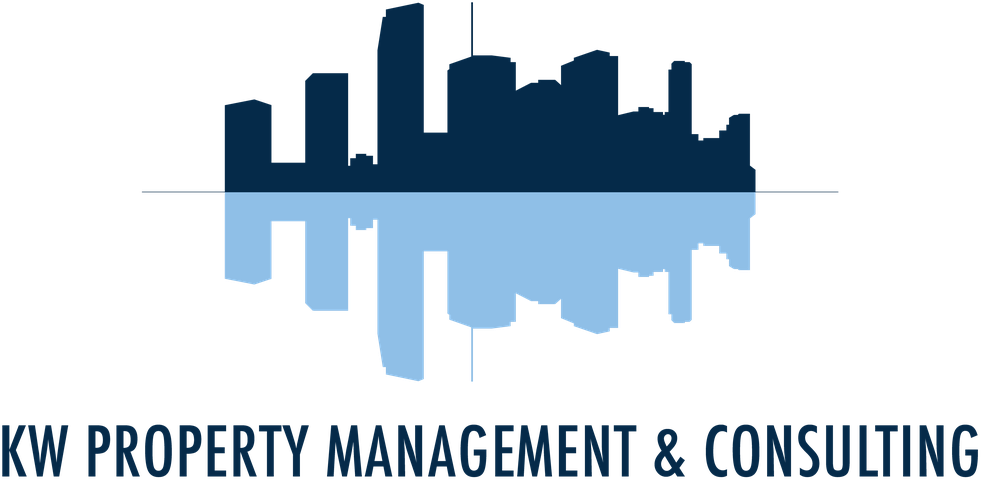
While it’s a seller’s market right now, homes and condos have been selling at a rapid pace and at record-breaking prices especially throughout Florida markets. However, when a buyer is looking at purchasing a unit or a home in a community association, there are usually several things that they evaluate before making an offer – which could ultimately affect the sales price and the valuation of your property.
Here are the things that buyers consider before purchasing a home in a community association:
Does Your Community Have Low Reserves?
Once a buyer puts a new home in your community under contract, they will receive what is called the resale package, which includes the financials and rules and bylaws for the association. They are then typically granted a set period of time to review this package. Part of the resale package general will include the Financial Statements (balance sheet, bank statements, profit/loss statements). Associations that don’t include this typically cause the buyer to be suspicious. Best practices for a buyer is to check the operating and reserve account balances (basically, the savings accounts) and see if the amount in each account is sufficient.
What’s a sufficient amount? Good question. There are general guidelines based on building type and size, amenities in the building and number of units. A small building with little common space and no elevator doesn’t need as much in reserves as a building with elevators, a fitness center or a pool. These big-ticket items all require money to operate, and a lot of money to fix. Many buyers will also check to see if your community has had a recent reserve study done, if your community is a condominium. This is a third-party report that inspects the common elements, estimates the rest of their useful life and their estimated repair value.
Are Your Association Dues Condo Too Low or Too High?
People love to find out that a building has low association dues, but this can sometimes be a bad sign. Sure, it’s possible that the community is exceptionally well run, and that it has managed to keep fees low. But smart buyers know that it is important to check the reserves as mentioned above, and the profit/loss statement to make sure the community isn’t overspending.
Also, in the case of new construction, developers notoriously set up the condo association with very low fees to entice buyers. Those fees usually go up once the condo association starts running on its own. The initial budget is set-up by the developer and they usually underestimate it and don’t account for reserve fund contributions.
What’s too high of a condo fee? Buyers usually have their broker/realtor check other communities that are similar in size, age and amenities. For example, if one building has a condo fee that is double or triple the typical condo fee, it could be a sign that they are either building up reserves or they have a big project in the works.
Is Your Community Self-Managed?
A self-managed community can definitely save on association dues, but the mere fact that unit owners are functioning as volunteer management can create a host of problems. First, without have professional management, there is a greater risk that the community may not be filing the proper taxes, maintaining proper insurance, keeping meticulous accounting records or just not keeping up to date with maintenance. Many buyers are now looking to communities with professional management companies, to ensure that their investment is secure and properly managed.
Does Your Community Place Limits on Rentals?
For many people, a condo makes a great first home. No yard, no roof, and no major maintenance issues that are solely on the owner to repair. Many buyers eventually envision themselves moving up to a bigger home, and often the idea of renting their current condo is appealing for many reasons – building equity while someone else “pays the mortgage” or building a real estate portfolio. Either way, having flexible renting rules ensures interest from a wide range of buyers when you sell. If there are rental caps, waiting lists or other intricate rules to be followed with respect to renting, buyers may pass the community by for one that is less strict. The less potential interest you have from buyers, the lower prices will stay.
Has Your Community Deferred Maintenance?
Frayed hallway carpet, damaged common areas, broken elevators, old pool furniture or roof on a clubhouse that needs to be replaced – these are all signs that a building or community needs some attention. These visual cues prompt potential buyers to find out what is really going on: Is it lackluster management who is just slow to act, or is it because money is tight? Either way, deferred maintenance that can be seen often means there is much more deferred maintenance than meets the eye.
How Are Your Board Meetings Run?
Savvy buyers are now beginning to ask for the most recent association meeting minutes. They can find out a lot about a community from what happens and is said at those meetings. The worse thing they can learn is this: buyer beware.
